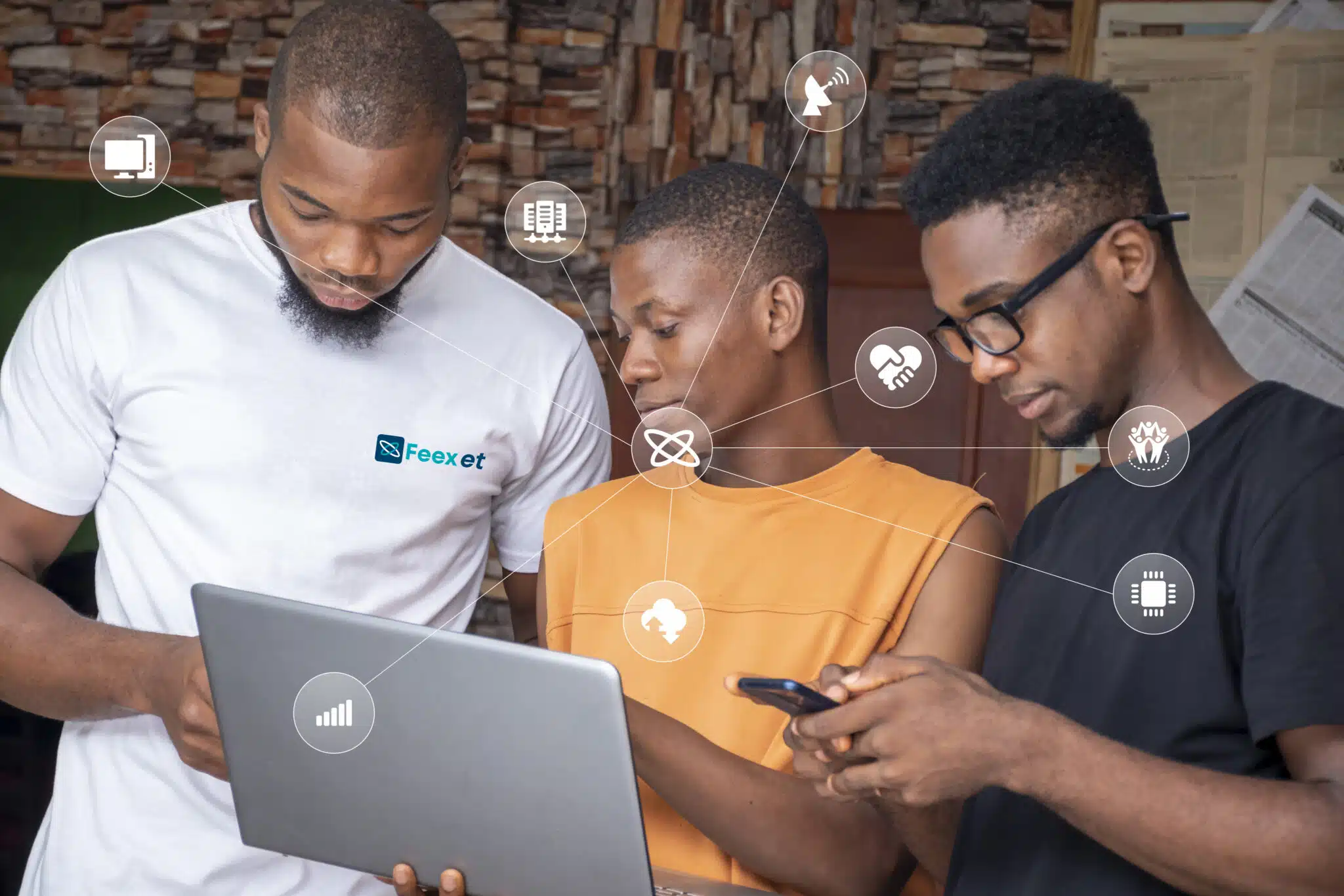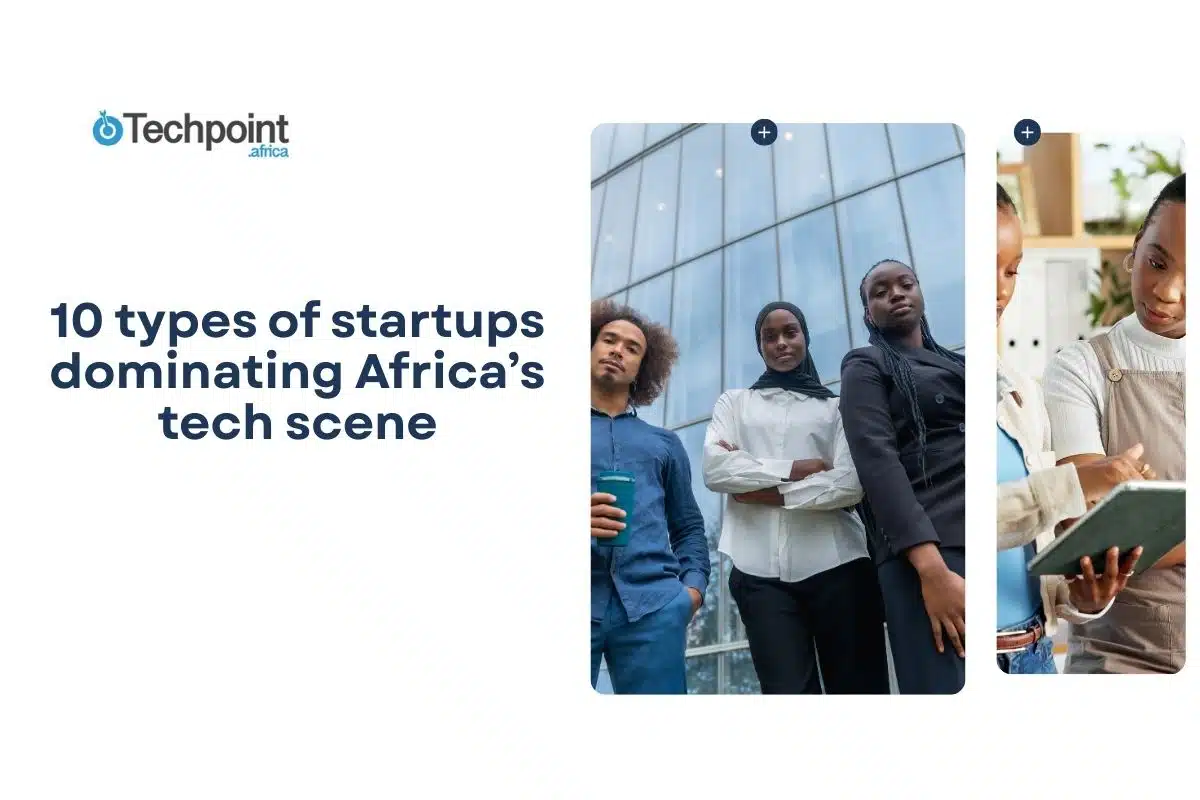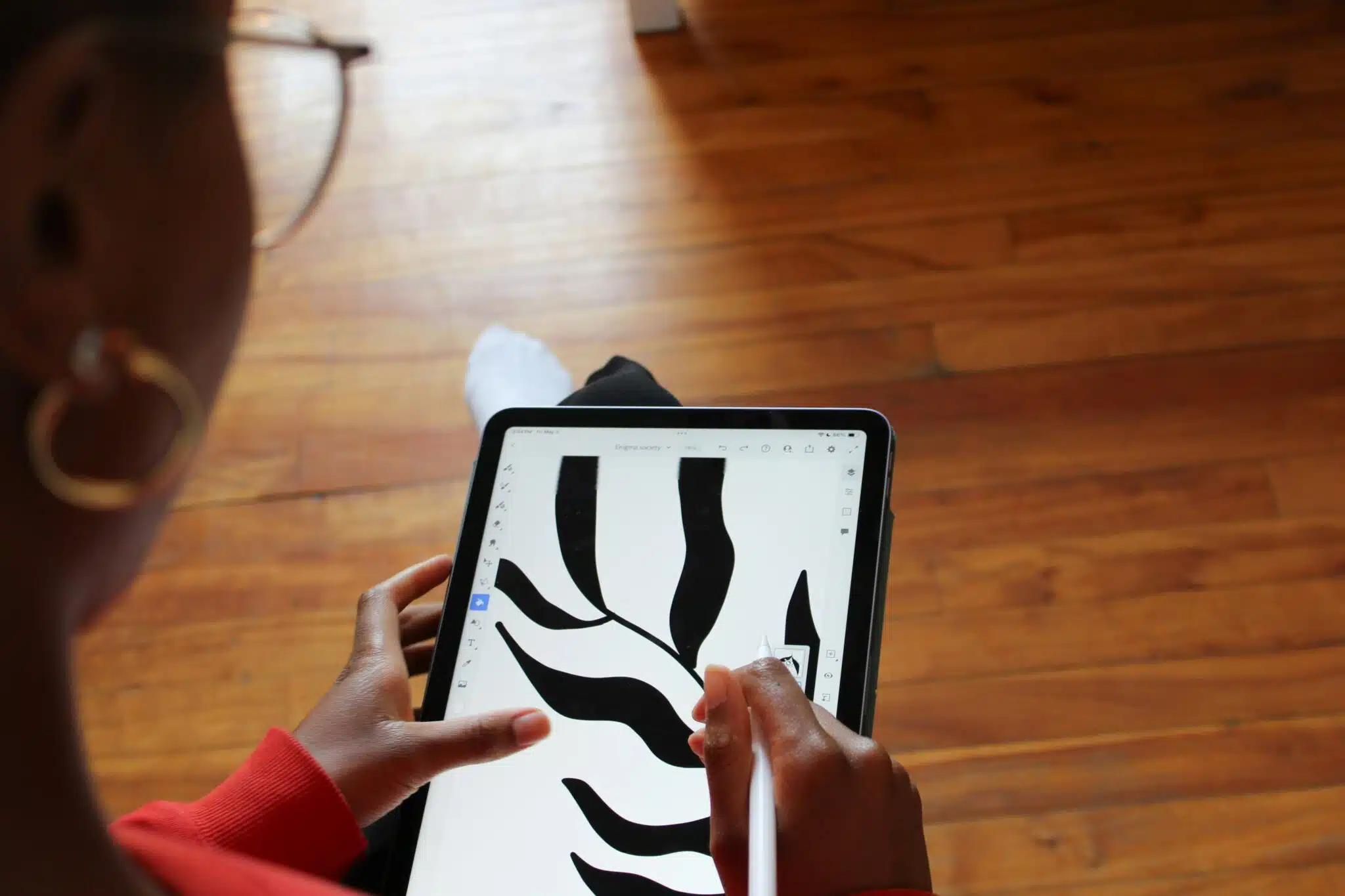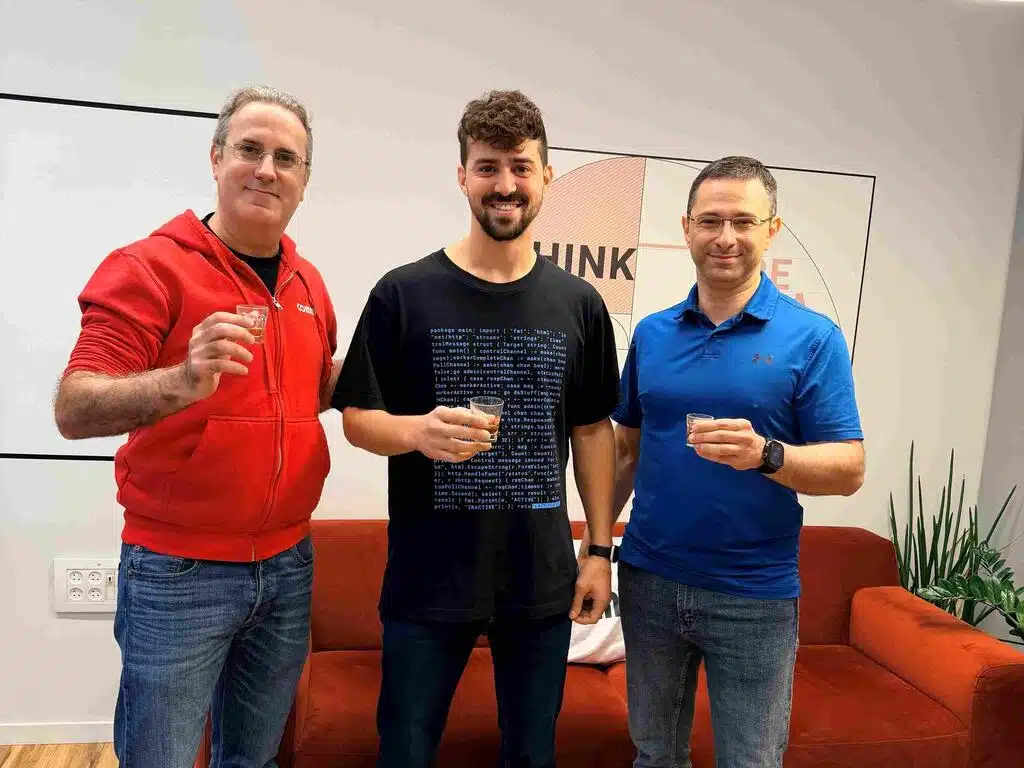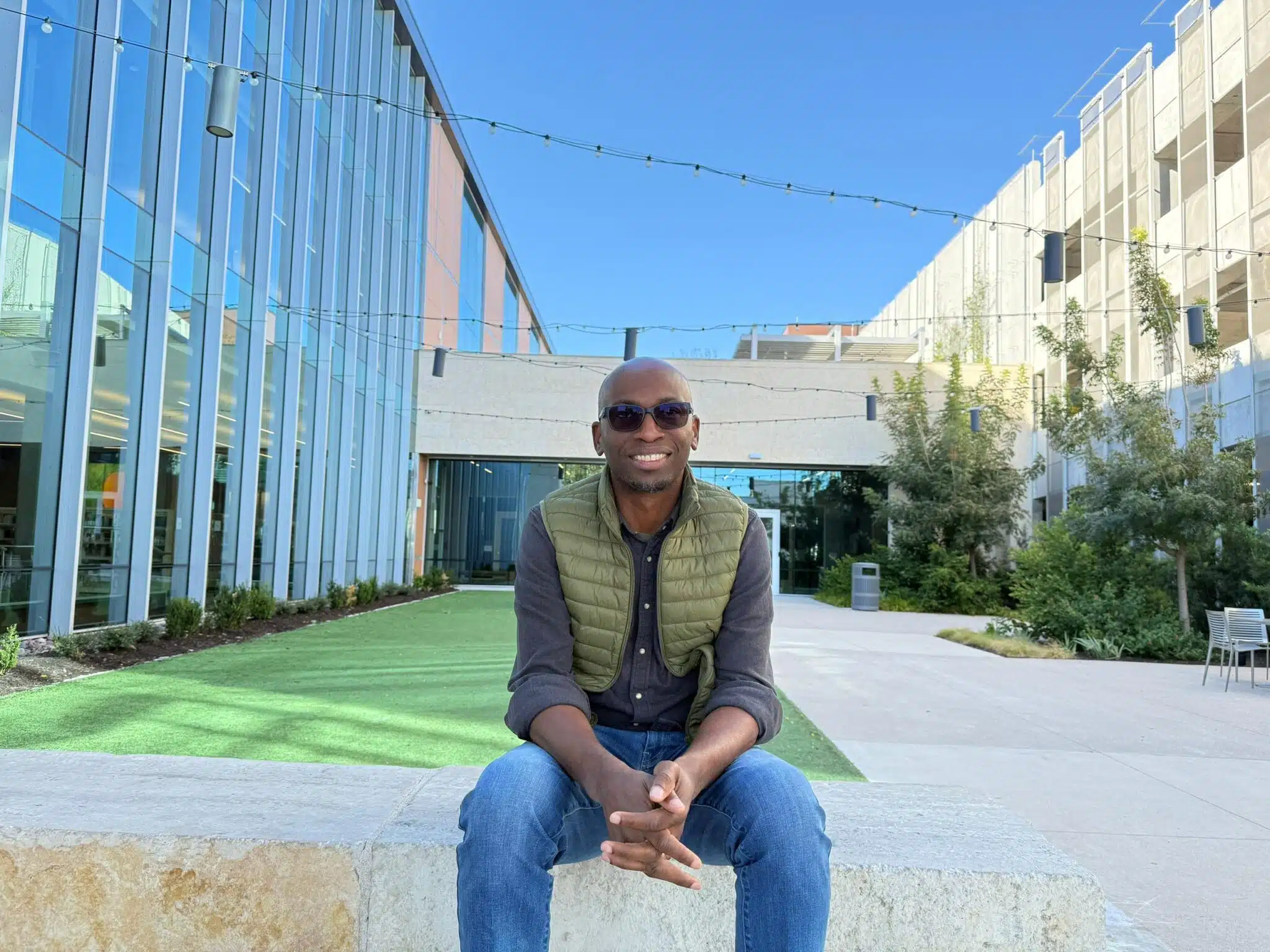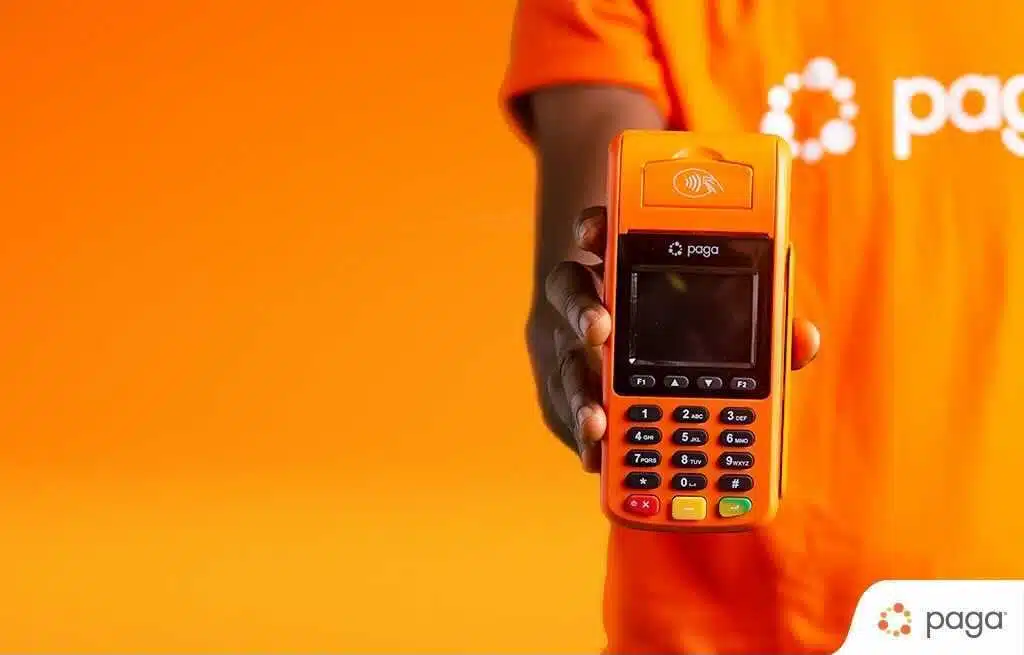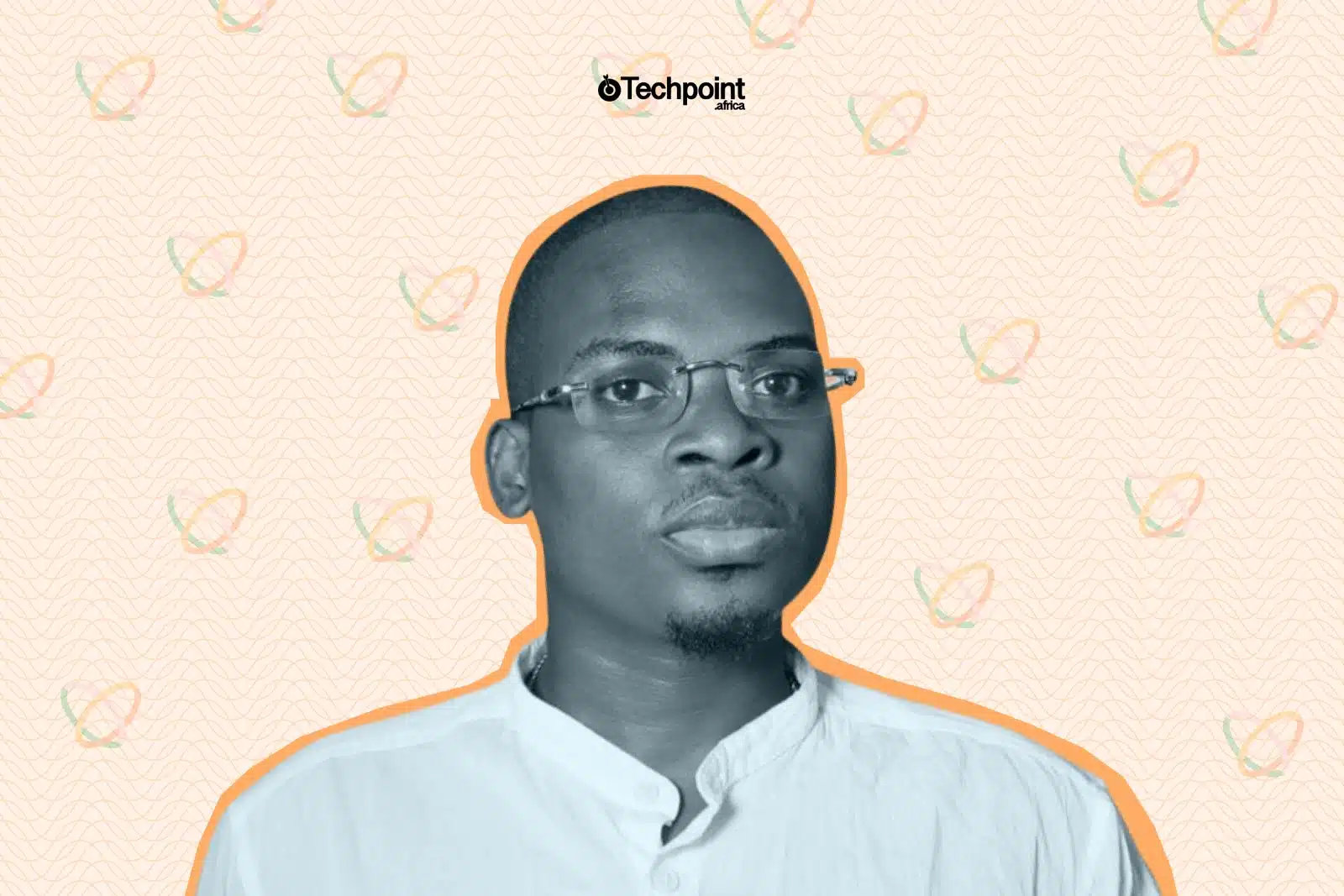Africa is rife with social problems, which many might refer to as wicked problems, many of which we cannot simply solve with some AI-powered solution. Interestingly, everyday issues, from pollution and corruption to poverty and inequalities, often get overlooked in the technological hustle to solve seemingly ‘more important’ issues like financial inclusion.
This is why Christopher Balogun decided to build Feexet.
“We are a social enterprise that tries to use technology and community to solve everyday problems and challenges that often go overlooked, and we are trying to solve the problem of pollution and unemployment in Nigeria,” Balogun tells Techpoint Africa.
According to a 2021 World Air Quality report, Nigeria was ranked the 3rd most polluted country in Africa and the 18th most polluted in the world.
Balogun grew up in Ajegunle, Lagos State, and experienced firsthand the severe impact of pollution on the health of the people around him.
“I’ve lost friends to something as simple as malaria and other issues that could have easily been prevented. But because of how the environment was, it was very difficult for people to live healthily,” he says.
Hence, when he realised that this was a problem that he had the means to solve, he partnered with a group of friends to tackle it.
The first arm is social impact
Feexet runs two arms of operations. On one hand is the social impact arm, where the company runs projects aimed at solving some of the deeply ingrained problems in Nigeria. On the other hand, the business arm of the enterprise quietly thrives, supporting the social impact arm.
Feexet’s most recent project is Clean Sweep, a youth-led project that facilitates cleanups in polluted regions across Nigeria.

Victoria Fakiya – Senior Writer
Techpoint Digest
Make your startup impossible to overlook
Discover the proven system to pitch your startup to the media, and finally get noticed.
From a few individuals who were initially interested in reducing pollution in their areas, Feexet has grown into a community of over 200 members and 500 volunteers working towards a cleaner Nigeria.
Through the Clean Sweep app, community members can report areas that require cleanups. The user uploads a picture of the location, and the Feexet team receives it on their end. Following this report, team members are designated to visit the area to review its feasibility for cleanup and speak to the leaders of the community.
Following a cleanup drive, Feexet identifies measures that can be implemented to prevent further pollution and educates community members.
“We developed a mobile application because we had a large influx of members in our community, and people were consistently reporting issues, and we couldn’t manage everything,” Balogun says.
Under the Clean Sweep project, the company has organised eight community clean-up drives, sensitised residents in eight communities on waste management and sustainability, cleared over 8,000 kg of waste, and removed two illegal waste dump sites in Dawaki and Lokogoma, Abuja.
The second social impact project Feexet operates is a skills acquisition project called Techquity, which aims to increase the number of young people in technology to combat unemployment in Nigeria.
The company focuses on skills such as web design, UI/UX design, and software development and has trained and mentored over 300 people, completing more than 100 digital service projects, including websites, mobile apps, web applications, and branding for small businesses, startups, and larger organisations.
The second arm is business
For a company that has never been funded and is primarily focused on social impact ventures, it seems only fair to ask where it gets the financial support to run these projects.
Balogun explains that the company has a business side that funds its social impact projects.
“We run an agency that offers digital services to companies globally. The proceeds from these services are what we use to fund the social impact projects.”
The agency offers a range of digital services, including branding, marketing, and developing mobile apps, websites, and custom platforms.
Balogun adds that, because Feexet is, at its core, a social enterprise, it offers its services to clients at a discounted rate to attract more clients and ensure the company always has sufficient funds to run its projects.
“The funds are used to pay employees on the business side and to ensure that the projects run smoothly. For the social impact side, we have over 500 volunteers working with us.”
Feexet reinvests 35% of its digital services revenue into its three current social impact projects — Clean Sweep, Techquity, and a more recent one, Greenmind.
Building towards sustainability
Feexet’s business model is interesting, but it may not be considered sustainable by many people.
Balogun says that for the next phase of growth, the company is seeking to secure grants to build a more sustainable business.
“Now we have more members in our community who are constantly reporting issues, and we can’t go everywhere at the same time; we are so limited in how far we can go. We have been doing these cleanup drives in Abuja, but we want to extend them into more states, and we need more resources to do this.”

